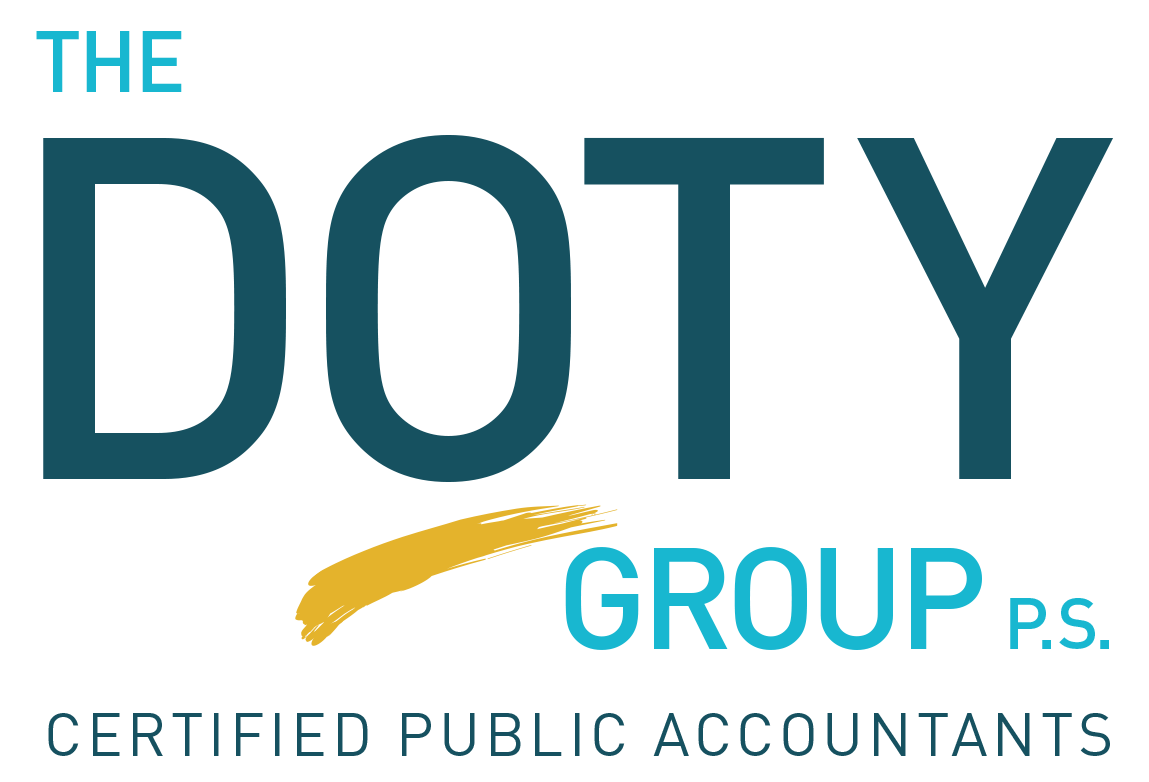How Can Auditors Maintain Independence When Advising Clients on New Standards?
If CPAs are to audit the financial statements for their private clients who report under GAAP, they cannot also perform management responsibilities related to preparing the financial statements. To what extent can they provide advice to clients who may be panicking or having a difficult time understanding intimidating and lengthy new standards?
Independent auditors have to be careful about maintaining that independence while also providing guidance to their clients. According to the AICPA Code of Professional Conduct, "when a member performs nonattest services for an attest client, the attest client and its management must agree, among other things, to assume all management responsibilities." The "Advisory Services" of the AICPA Code of Conduct explains that an AICPA member (the auditor) is allowed to provide advice, research materials, and recommendations to help management make decisions and perform necessary functions.
Additional safeguards are listed in the code which apply to an auditor so that they may prepare the financial statements - such as an acknowledgement that the client's management holds all responsibility for the preparation and representation and that the CPA is confident that the financial statement preparation is supervised by a qualified individual.
To avoid confusion or error, many organizations are now choosing to have one CPA firm oversee the preparation of financial statements, and another CPA firm audit the financial statements. For example, 'Company A' could be using The Doty Group's Accounting Services team at an Outsourced CFO / Controller capacity, including preparation of financial statements, and then using a different firm for the financial statement audit.
That solution is not ideal for all companies, however, so it is most important for organization management to ask questions of their CPAs in order to stay educated on the steps of implementing new standards. Some of the more proactive audit clients have been going through training with a third-party, but most have simply had extended conversations regarding the ways in which new standards will have an effect on attestation engagements.
Essentially, new standards can throw a curve ball into the processes that have been well-established or functioning without prior event, but great communication and a proactive relationship between a client and their audit team enables the client to apply new standards themselves and truly make the most of the advisory services available from their CPA.
